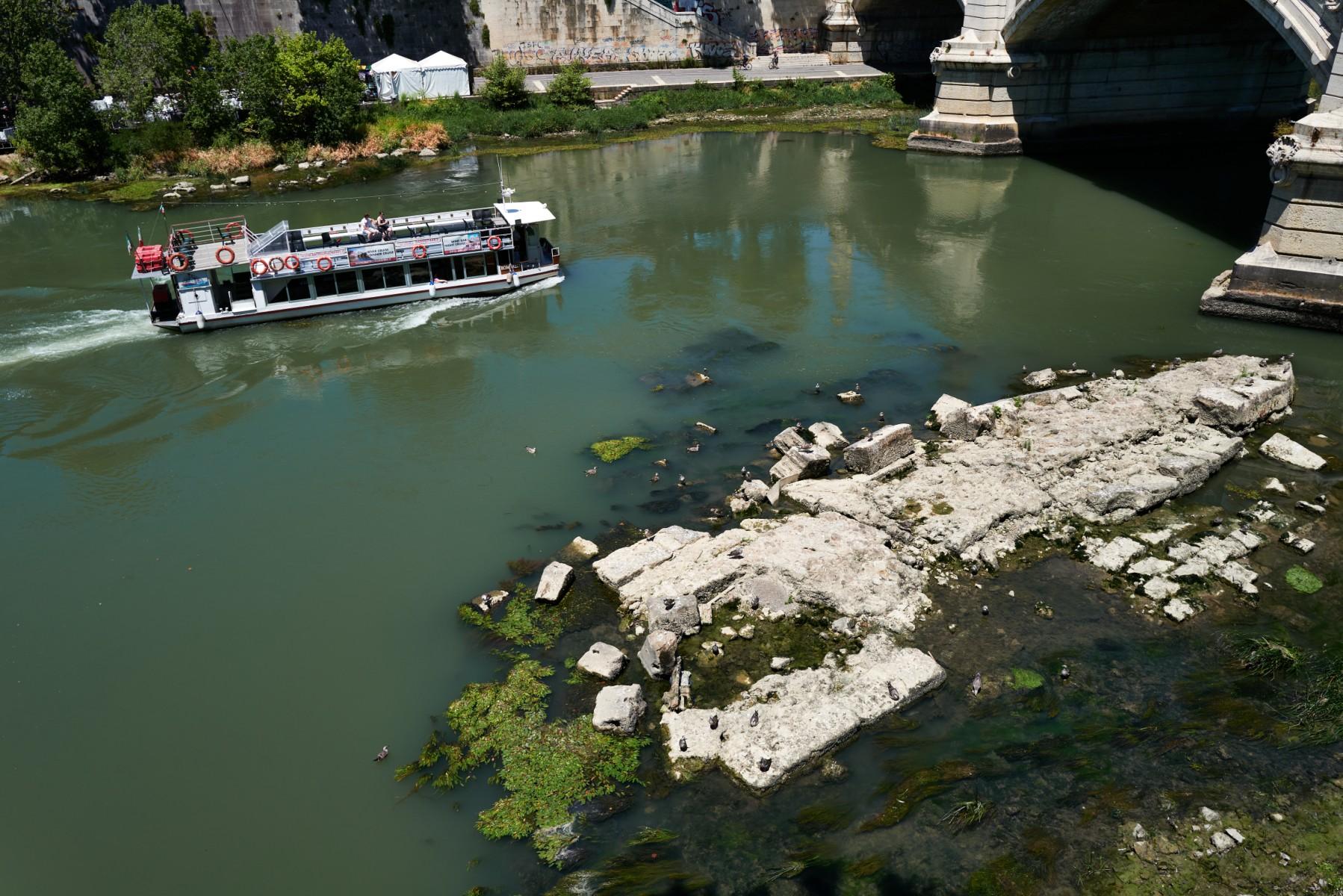Drought-hit Italian city introduces restrictions on use of drinking water
Municipalities across Italy have begun introducing some form of water rationing after an unusually hot and dry spring sparked widespread alarm.
The city of Verona, in northeast Italy, on Saturday announced restrictions on the use of drinking water, due to an ongoing drought in the Mediterranean country.
“Due to the weather situation and its impact on the water supply, the mayor has signed an order restricting the use of drinking water for domestic purposes,” read a message on the city’s website.
Under the drought order, which lasts until the end of August in the town of quarter of a million people, it will be prohibited to use drinking water to water gardens or sports fields.
The water must also not be used to wash cars or fill swimming pools, with a breach of the rules punishable with a fine of up to 500 euros (US$520) in the town famous as the home of the ill-starred lovers Romeo and Juliet.
Municipalities across Italy have begun introducing some form of water rationing after an unusually hot and dry spring sparked widespread alarm.
The Po river, Italy’s longest river and its largest reservoir of fresh water, is suffering its worst drought in 70 years.
The Maggiore and Garda lakes are both far lower than usual for this time of year, while further south, the level of the River Tiber that runs through Rome has also dropped.
Last week, the mayor of Milan announced the northern Italian city’s fountains would be switched off as part of water restrictions imposed due to the drought.
Italy’s largest agricultural association, Coldiretti, has warned that the drought is putting over 30% of national agricultural production and half of livestock farming in the Po Valley at risk.
The northern region of Lombardy has called a state of emergency, directing mayors to curtail non-essential water use, such as street washing and watering parks and sportsgrounds.
The weather conditions have also hit Italy’s hydroelectric plants.
Hydropower facilities, mostly located in the mountains in the country’s north, provide almost one fifth of Italy’s energy demands.
But the lack of rain is causing problems, at a time when Rome is desperately trying to wean itself off its dependence on Russian gas due to the war in Ukraine.
Subscribe to our newsletter
To be updated with all the latest news and analyses daily.
